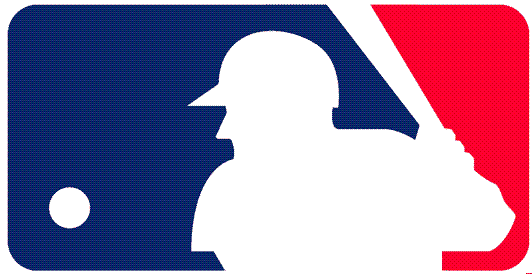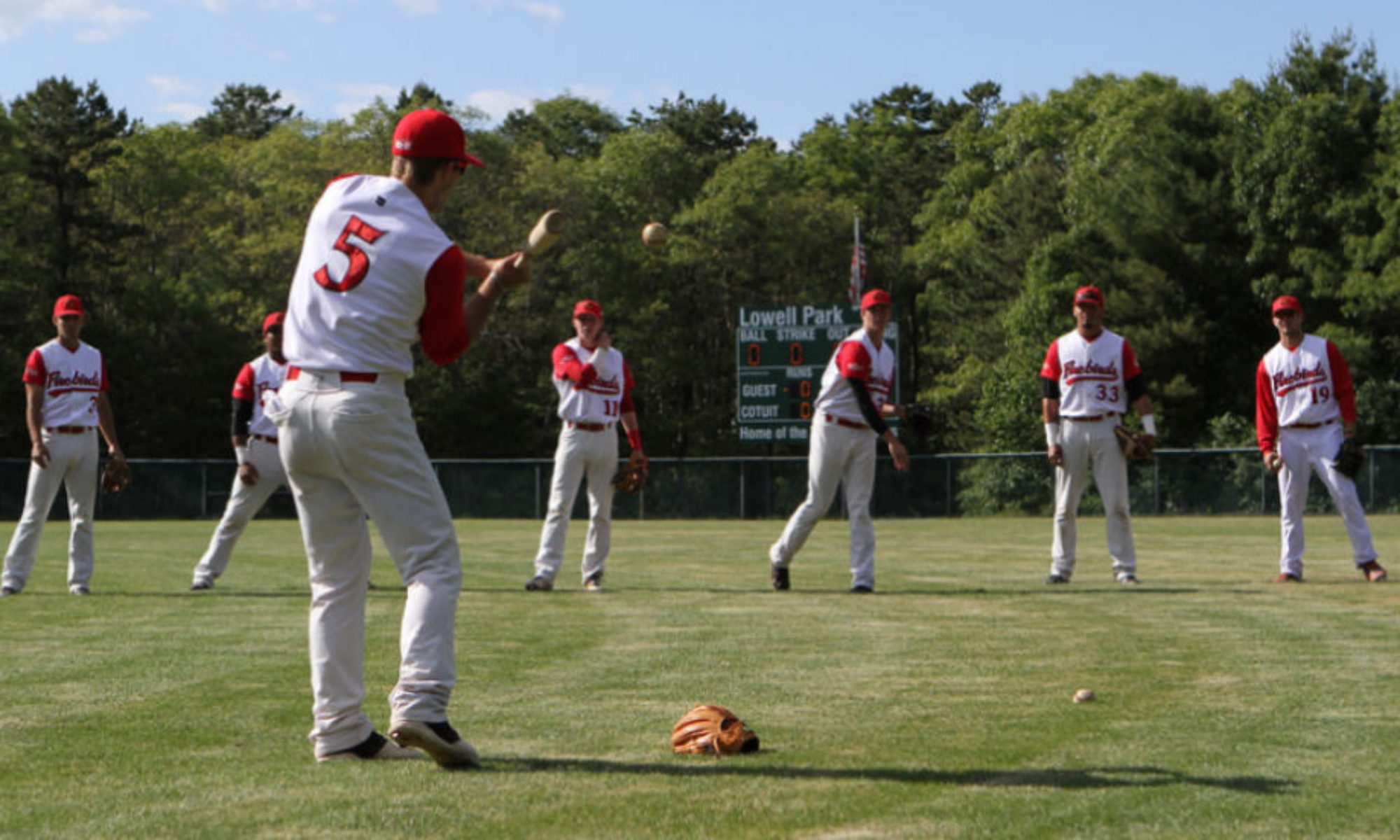 Major League Baseball announced its new collective bargaining agreement on Tuesday. While the addition of more playoff teams and the introduction of HGH testing are garnering the headlines, the changes to the draft and amateur signings are significant and could have a big impact on college baseball and the Cape Cod Baseball League.
Major League Baseball announced its new collective bargaining agreement on Tuesday. While the addition of more playoff teams and the introduction of HGH testing are garnering the headlines, the changes to the draft and amateur signings are significant and could have a big impact on college baseball and the Cape Cod Baseball League.
In the past, signing bonuses were restricted only in theory, by MLB’s recommended slots. With no enforcement, though, teams routinely ignored the recommendations and spent what they wanted. Bonuses shot through the roof in recent years.
The new CBA doesn’t have hard slots or a hard cap, but it does have what amounts to a budget for bonus spending. Teams will be given a pool for draft bonuses in the first 10 rounds. They can budget it however they want, but their total bonus amounts for those rounds are expected to be under the overall number. If not there are penalties — 0-5 percent over and they’ll pay a 75 percent tax on the overage; 5-10 percent over and they’ll pay the same tax and lose a first-round pick the next year; 15 percent over and they’ll have to pay a 100 percent tax and give up their first-round picks in the next two drafts.
Those are steep penalties and they may be enough to keep spending in check. It remains to be seen what the numbers will be, and if they’re as high as some are reporting, then the impact may not be as drastic. But it will be a change.
College baseball and the Cape League stand to benefit.
In recent years, scouts have lamented the lack of talent on campus and in top summer leagues, citing an increase in the number of top-flight high-school players going pro as a major reason. The path isn’t likely to change for high-school players who get picked in the first round — they’ll still get their money. But for that second tier of high-schoolers and for the ones who may be considered tough signs, it looks like college will become a more likely destination. Teams have often spent a lot of money to talk players out of college, like Josh Bell and Dillon Maples from the 2011 draft. Those deals now won’t be as likely because teams just won’t be able to spend that kind of money on one player.
There’s a very good chance that, as a result, more top players will head to college and, by extension, to the Cape League. As quoted in a Baseball America article, one National League crosschecker said, “Hey, at least it will be fun again to scout Team USA and the Cape (Cod League).”
One other change doesn’t look like a positive for the Cape League. The signing deadline for drafted players had been August 15, but it will be moved up into mid-July. That means drafted players trying to raise their stock on the Cape won’t be around quite as long. Players in that category have had big impacts in recent years, and they may once again, but they won’t be around for playoff races or even the All-Star game. I also wonder if the new deadline might even keep some players away.
All in all, though, the college baseball world seems to think it had a pretty good day today. I think the Cape League feels the same way.

I’m not sure the “draft and watch” players will be impacted as much as you might think, because I think that’s becoming a less desirable way to go for early-round picks anyway. When Keenyn Walker came up to Alaska last year a scout told me that he was costing himself money by being here. And many of the mid-round draftees weren’t around for the end of the season anyway, signing and shipping out halfway through.
Obviously there are differences between Alaska and the Cape. Your league seems to be more of a showcase for top players who are already known to be draft prospects; our guys are more of an even mix, so it might be more of an issue for you guys back east. But up here it just seems to be making a noticeable trend official.
baseball is my life, i love watching and playing it! thanks for your ideas, keep them coming for me man!
Hey jjack, just saw your comment. I think it must be a little bit different for the Cape League, because there have been a number of guys doing it in recent years, like Anthony Ranaudo. His situation may not have been the norm because he was trying to prove himself after an injury but he definitely made himself some money with his Cape performance.
We’ll see what happens this summer.